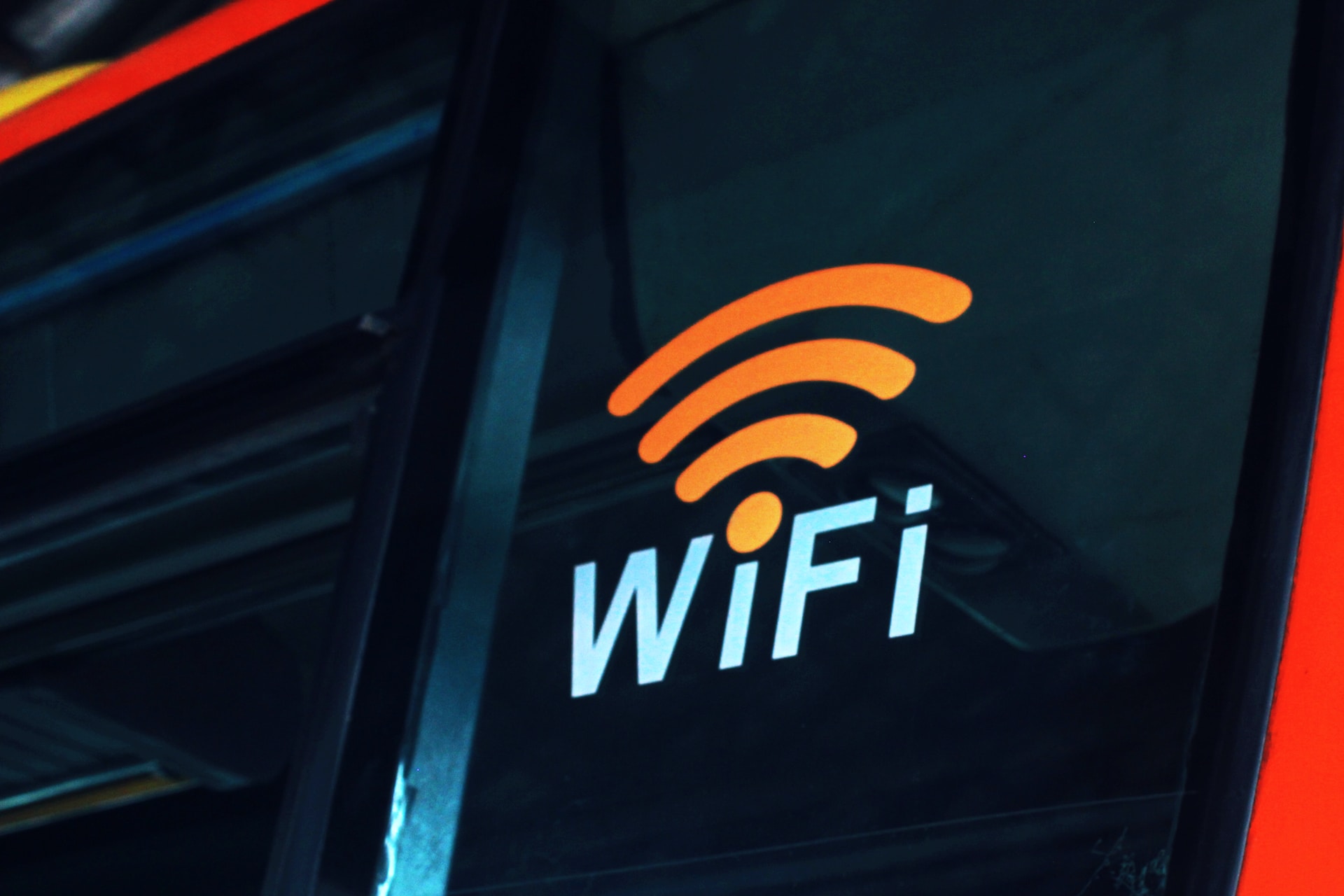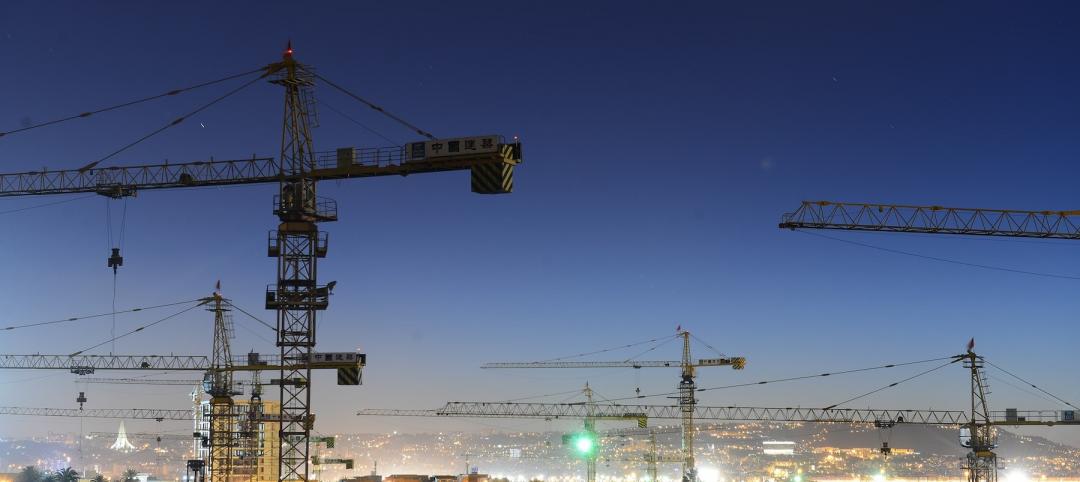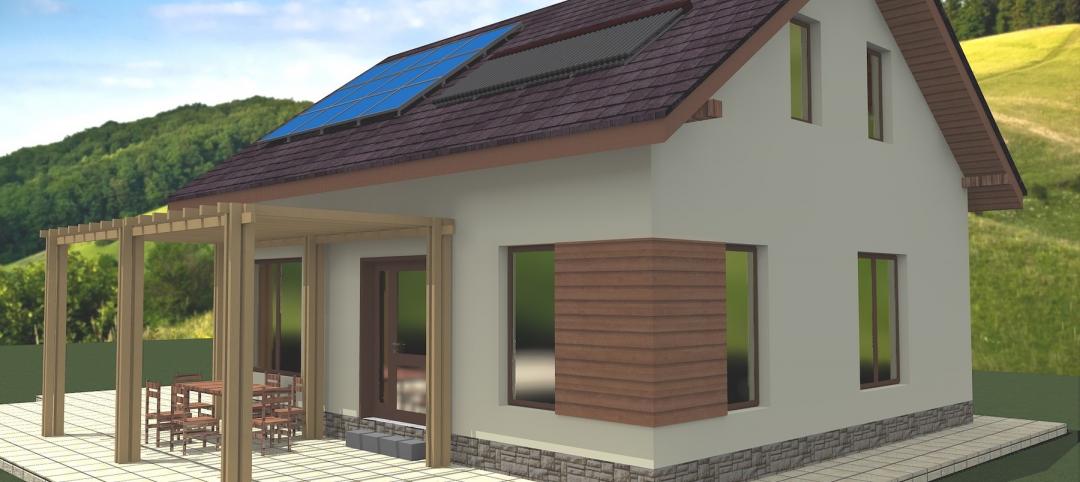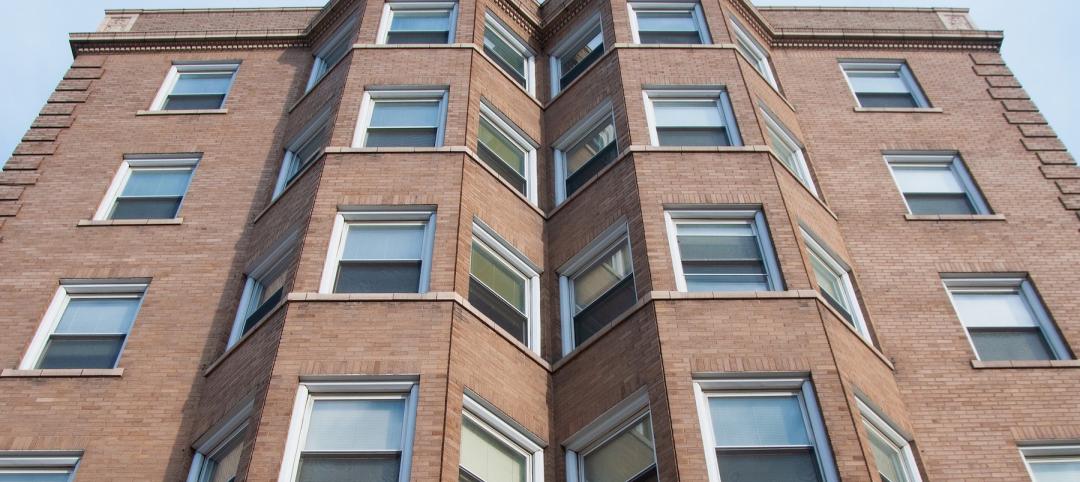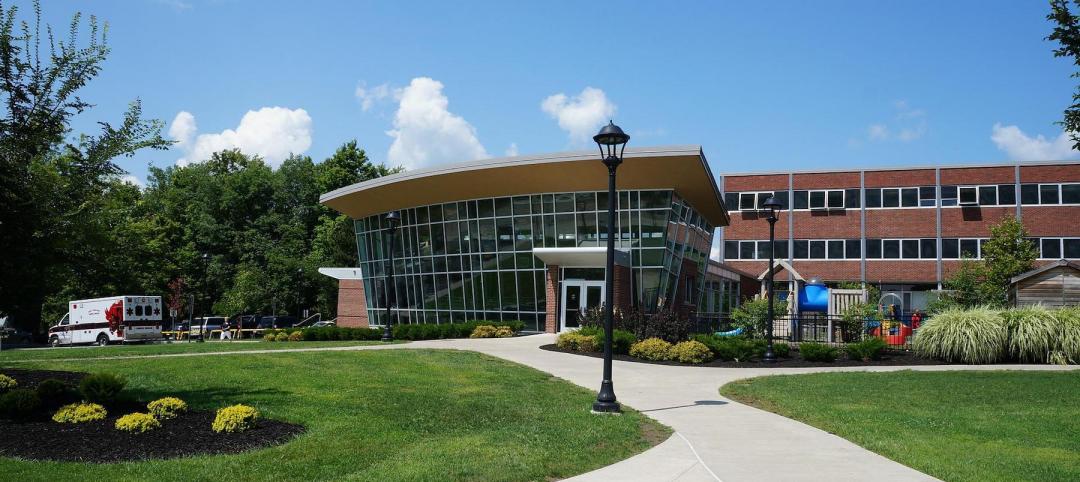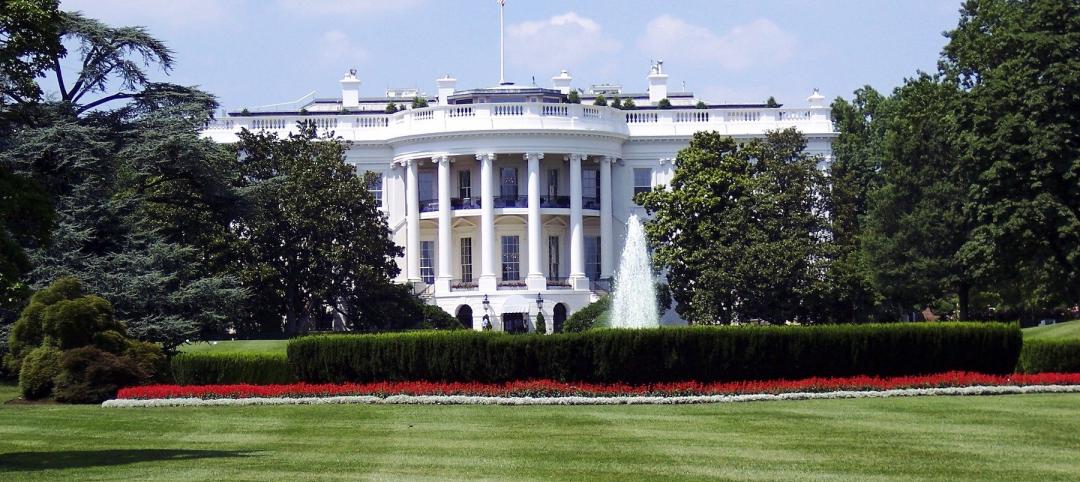The recently released Wi-Fi standard, IEEE 802.11az enables more refined and accurate indoor location capabilities.
As technology manufacturers incorporate the new standard in various devices, it will enable buildings, including malls, arenas, and stadiums, to provide new wayfinding and tracking features. The previous standard yielded Wi-Fi location accuracy of 1-2 meters, while the new standard raises accuracy to less than 0.1 meter or about 4 inches.
Applications are expected to use this technology by:
- Providing more accurate indoor navigation. In a retail store, for example, a consumer could use an application to navigate through a store, as is used in vehicles to map a travel route, from the entrance to the desired product.
- Enablement of micro-targeting for retail and warehouse asset tracking. A store worker could use a mobile app to track products on shelves, in the stock room, and in a warehouse. A retailer could also leverage usage data from its customers’ shopping apps—such as their movements on the retail floor—to derive analytics and serve relevant ads to the user.
- Improved scalability will allow hundreds of devices to connect at the same time in dense environments, such as shopping malls, arenas, and stadiums where large numbers of users are actively co-locating with Wi-Fi simultaneously.
- Secure, authenticated, and private positioning. Proper authentication can be confirmed when you are within inches of two devices. This could be used, for example, to unlock an interior door via a smart device. Other applications could be the use of a smart device to make payment at the point of sale or using it to facilitate an ATM transaction.
Related Stories
Codes and Standards | Apr 28, 2022
Architecture firm Perkins&Will to deliver ‘carbon forecasts’ for clients
Global architecture firm Perkins&Will says it will issue its clients a “carbon forecast” for their projects.
Codes and Standards | Apr 27, 2022
White House guidance on Buy American for infrastructure includes waiver process
Recently released guidance on the Buy American provision within the $1.2 trillion Infrastructure Investment and Jobs Act released by the Office of Management and Budget includes a waiver process.
Multifamily Housing | Apr 26, 2022
Investment firm Blackstone makes $13 billion acquisition in student-housing sector
Blackstone Inc., a New York-based investment firm, has agreed to buy student-housing owner American Campus Communities Inc.
Codes and Standards | Apr 25, 2022
Supply chain constraints, shifting consumer demands adding cost pressures to office fit-outs
Cushman & Wakefield’s 2022 Americas Office Fit-Out Cost Guide found supply chain constraints and shifting consumer demands will continue to add pressure to costs, both in materials and labor.
Legislation | Apr 21, 2022
NIMBYism in the Sunbelt stymies new apartment development
Population growth in Sunbelt metro areas is driving demand for new apartment development, but resistance is growing against these projects.
Codes and Standards | Apr 18, 2022
Dept. of Energy has RFI on funding cost-effective updated energy codes implementation
The U.S. Department of Energy (DOE) Building Technologies Office (BTO) has issued a request for information regarding funding cost-effective implementation of updated building energy codes.
Legislation | Apr 14, 2022
Defense Dept. building largest 3D-printed structures in Western Hemisphere
The U.S. Department of Defense is constructing three barracks at the Camp Swift Training Center in Bastrop, Texas that will each be the largest 3D-printed structures in the Americas.
Codes and Standards | Apr 13, 2022
LEED multifamily properties fetch higher rents and sales premiums
LEED-certified multifamily properties consistently receive higher rents than non-certified rental complexes, according to a Cushman & Wakefield study of two decades of data on Class A multifamily assets with 50 units or more.
Legislation | Apr 11, 2022
Dept. of Energy releases RFI for K-12 schools energy upgrade program
The U.S. Dept. of Energy (DOE) released a Request for Information (RFI) to help decide how best to spend $500 million from the recently passed federal infrastructure law for K-12 public school energy upgrades.
Codes and Standards | Apr 8, 2022
Dept. of Energy boosts energy efficiency standards for federal buildings
The Department of Energy’s recently released new energy efficiency standards for federal buildings.


